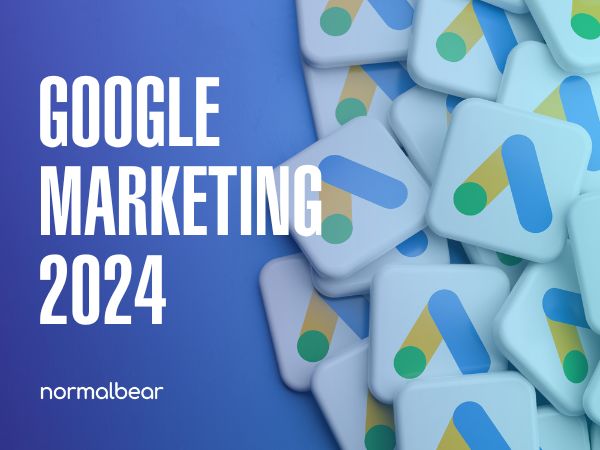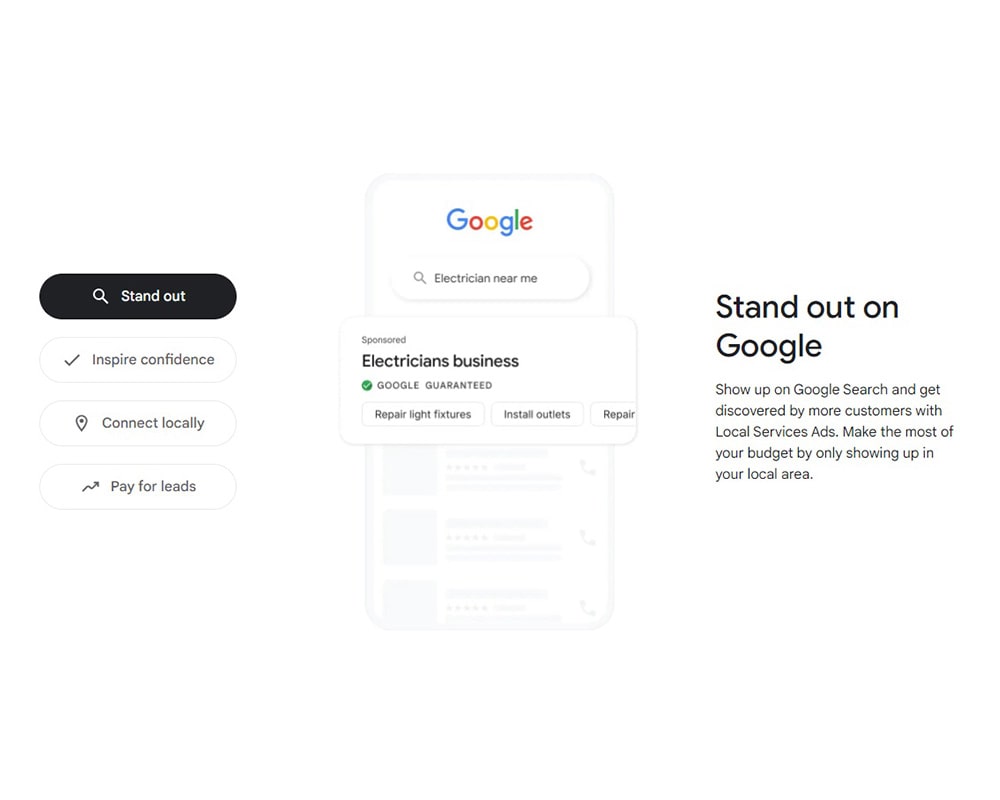The annual Google I/O conference is always a highlight for tech enthusiasts, developers, and marketers alike. This year, Google I/O 2024 did not disappoint, unveiling groundbreaking advancements and giving us a glimpse into the future of search, dubbed by Google as the “Gemini Era”. Here are our key takeaways from this year’s conference and what they mean for the future of search.
AI-Powered Search Evolution
Google has been at the forefront of integrating artificial intelligence into its search algorithms, and 2024 marks a significant leap forward with the introduction of AI Overviews (the new name for Search Generative Experience). It rolled out on May 14th, 2024 in the United States and will be available in other countries soon. It promises to make search more intuitive, context-aware, and efficient.
So what will search look like?
Circle to Search
Let’s start with Circle to Search.
Circle to Search is a new visual feature integrated into the Google app on Android devices. It leverages Google’s image recognition and search capabilities to make finding information about objects in photos faster.
Users simply circle an object in an image and Google will instantly provide links and information related to the circled product. This could include product reviews, shopping links, and similar items.
AI-Organized Search Results Pages
Another change in search is how search results are presented. New AI-powered pages promise to transform the way users interact with search engines and have significant implications for SEO.
Liz Reid, VP of Search at Google, shared an example of this new feature by demonstrating a query to help plan a trip to Dallas. She explained that users will receive “more than an AI-generated answer. You’ll get an entire AI-organized search results page. Custom built for you and your question.”
Unlike traditional search results, where you might get a single answer or featured snippet, these new AI-powered pages will fill the entire search results page, tailored to each user’s specific query, integrating a variety of information sources. This could include local attractions, travel guides, itineraries, and more.
With the SERPs changing, the rankings will shift too. Ultimately, Google wants to minimize the amount of time users spend in the SERPs.
As AI-driven search evolves, marketers must adapt their strategies to stay relevant. However, the core principle remains: if you create quality content for your audience it will continue to perform well.
Multi-step Reasoning
Another advancement for Google Search is the ability to provide comprehensive answers to complex questions. Reid described it as the ability to tackle queries that are like “ten questions in one.”
How Multi-Step Reasoning Works
Multi-step reasoning uses the Gemini Model to help break down these complex queries into specific key phrases.
Let’s take Reid’s example that she showcased at Google I/O, looking for a new yoga or pilates studio. “Find the best yoga or pilates studios in Boston and show details on their intro offers and walking time from Beacon Hill.”

Google identifies the key phrases, orders them logically, and makes a conclusion using the Google Index of Information.

We already know the importance of long-tail search queries. However, now we’re seeing a significant shift in user behavior. Instead of refining your search repeatedly to get your desired results, you can now ask all of your questions upfront and receive comprehensive answers in seconds.
Google I/O 2024 has painted an exciting picture of the future of search. With advancements in AI and increased personalization, the search experience is set to become more intuitive, efficient, and user-friendly.






